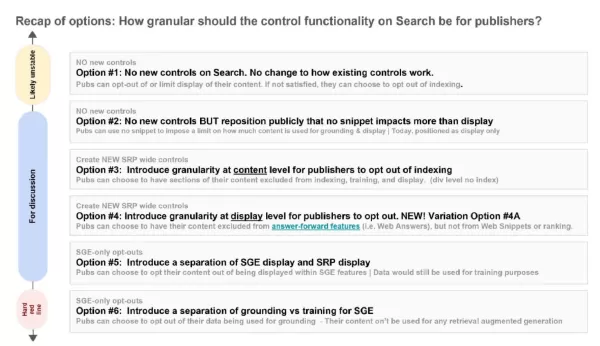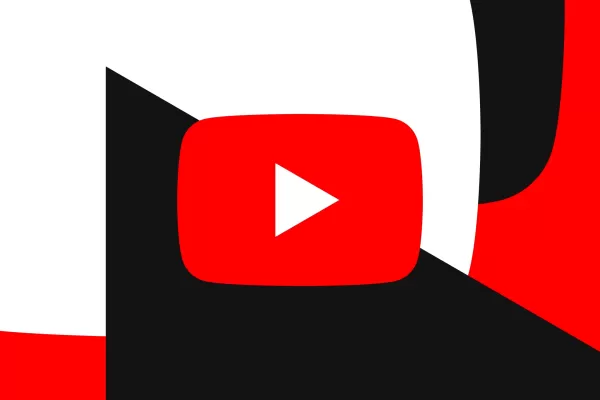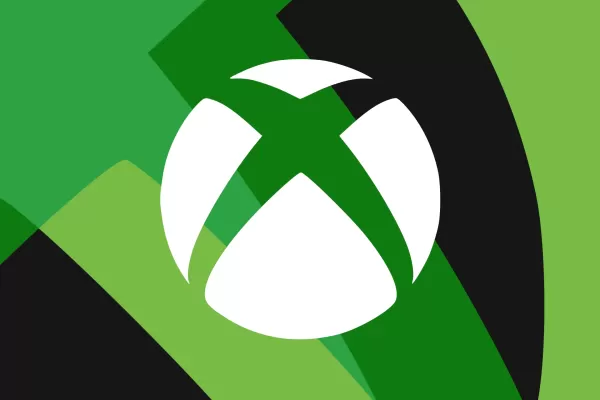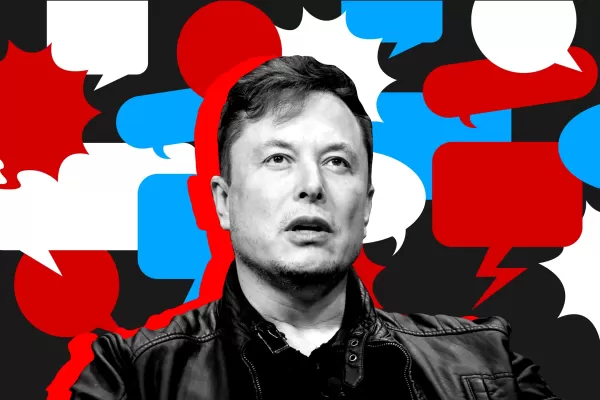Google Rejects Offering Publishers More Options to Opt Out of AI Search
Google's Internal Documents Reveal Publisher Control Controversy
According to a recently disclosed internal document obtained by Bloomberg, Google considered allowing publishers more granular control over how their content is utilized in AI-driven search features. The document, authored by Google Search executive Chetna Bindra, surfaced during the ongoing US antitrust trial examining Google’s dominance in online search. This trial has shed light on how Google’s control over its search engine data gives it a significant edge over competitors like Perplexity and OpenAI when it comes to AI development.
Bindra’s document outlines various proposals Google considered as AI search evolved. One suggestion labeled a “hard red line” would have allowed publishers to block real-time usage of their data by Google’s AI models, while still permitting their content to be used for broader feature training like AI Overviews. Another option, marked as “likely unstable,” proposed giving publishers the ability to completely opt out of indexing on Google Search entirely if they were dissatisfied.
Publisher Challenges and Publisher Control Options
During a recent court hearing on May 2nd, it became clear that publishers are navigating a complex landscape. Although Google introduced a method for publishers to opt out of AI training in 2023, this does not extend to search-specific AI products like AI Overviews. To avoid having their content included in AI Overviews, publishers must opt out of Googlebot crawling, effectively preventing their websites from appearing in regular search results.
Last year, when AI Overviews launched, Google chose to “silently update” the information regarding publisher controls without making a public announcement. Guidance on how to communicate this change suggests that Google deliberately obscured the details to avoid confusion about the distinctions between training for different AI models like Gemini and AI Overviews.
In the document, Bindra noted, “Do what we say, say what we do, but carefully.”
Google’s Stance on Publisher Control
Google maintains that this document reflects only early considerations as AI search developed. A Google spokesperson, Peter Schottenfels, stated in response to inquiries from The Verge, “Publishers have always had control over how their content is made available to Google, as AI models have been integrated into Search for years, helping to surface relevant sites and drive traffic to them. New search features like AI Overviews have increased the number of searches, creating new opportunities for sites to be discovered.”
Currently, Google’s messaging is more direct, stating that publishers who opt out of AI Overviews and AI Mode will also exclude their content from all forms of search results.
 Image: Google
Image: Google
Related article
 YouTube Integrates Veo 3 AI Video Tool Directly Into Shorts Platform
YouTube Shorts to Feature Veo 3 AI Video Model This SummerYouTube CEO Neal Mohan revealed during his Cannes Lions keynote that the platform's cutting-edge Veo 3 AI video generation technology will debut on YouTube Shorts later this summer. This follo
YouTube Integrates Veo 3 AI Video Tool Directly Into Shorts Platform
YouTube Shorts to Feature Veo 3 AI Video Model This SummerYouTube CEO Neal Mohan revealed during his Cannes Lions keynote that the platform's cutting-edge Veo 3 AI video generation technology will debut on YouTube Shorts later this summer. This follo
 Microsoft Teases Budget-Friendly Xbox Cloud Gaming Subscription
Microsoft Explores Affordable Options for Xbox Cloud GamingNew developments suggest Microsoft is moving forward with plans to make Xbox Cloud Gaming more budget-friendly. Following earlier reports about a potential free ad-supported version, company
Microsoft Teases Budget-Friendly Xbox Cloud Gaming Subscription
Microsoft Explores Affordable Options for Xbox Cloud GamingNew developments suggest Microsoft is moving forward with plans to make Xbox Cloud Gaming more budget-friendly. Following earlier reports about a potential free ad-supported version, company
 Elon Musk's Grok AI Seeks Owner's Input Before Tackling Complex Queries
The recently released Grok AI—promoted by Elon Musk as a "maximally truth-seeking" system—has drawn attention for its tendency to consult Musk's public statements before responding to politically sensitive topics. Observers note that when addressing
Comments (3)
0/200
Elon Musk's Grok AI Seeks Owner's Input Before Tackling Complex Queries
The recently released Grok AI—promoted by Elon Musk as a "maximally truth-seeking" system—has drawn attention for its tendency to consult Musk's public statements before responding to politically sensitive topics. Observers note that when addressing
Comments (3)
0/200
![WillieScott]() WillieScott
WillieScott
 August 21, 2025 at 5:01:34 PM EDT
August 21, 2025 at 5:01:34 PM EDT
Google's playing gatekeeper with publisher content? Shocker! 😒 Feels like they're dodging accountability while AI scrapes the web dry. Publishers deserve more say, not just crumbs of control.


 0
0
![GeorgeKing]() GeorgeKing
GeorgeKing
 August 17, 2025 at 1:01:00 PM EDT
August 17, 2025 at 1:01:00 PM EDT
Google's AI search move feels like a power grab—publishers deserve more control over their content! 🤔 Why not let them opt out fully?


 0
0
![KevinDavis]() KevinDavis
KevinDavis
 August 7, 2025 at 5:01:02 PM EDT
August 7, 2025 at 5:01:02 PM EDT
Google's AI search drama is wild! Publishers deserve more control, but I bet Google’s just protecting its cash cow. 🤑 Thoughts?


 0
0
Google's Internal Documents Reveal Publisher Control Controversy
According to a recently disclosed internal document obtained by Bloomberg, Google considered allowing publishers more granular control over how their content is utilized in AI-driven search features. The document, authored by Google Search executive Chetna Bindra, surfaced during the ongoing US antitrust trial examining Google’s dominance in online search. This trial has shed light on how Google’s control over its search engine data gives it a significant edge over competitors like Perplexity and OpenAI when it comes to AI development.
Bindra’s document outlines various proposals Google considered as AI search evolved. One suggestion labeled a “hard red line” would have allowed publishers to block real-time usage of their data by Google’s AI models, while still permitting their content to be used for broader feature training like AI Overviews. Another option, marked as “likely unstable,” proposed giving publishers the ability to completely opt out of indexing on Google Search entirely if they were dissatisfied.
Publisher Challenges and Publisher Control Options
During a recent court hearing on May 2nd, it became clear that publishers are navigating a complex landscape. Although Google introduced a method for publishers to opt out of AI training in 2023, this does not extend to search-specific AI products like AI Overviews. To avoid having their content included in AI Overviews, publishers must opt out of Googlebot crawling, effectively preventing their websites from appearing in regular search results.
Last year, when AI Overviews launched, Google chose to “silently update” the information regarding publisher controls without making a public announcement. Guidance on how to communicate this change suggests that Google deliberately obscured the details to avoid confusion about the distinctions between training for different AI models like Gemini and AI Overviews.
In the document, Bindra noted, “Do what we say, say what we do, but carefully.”
Google’s Stance on Publisher Control
Google maintains that this document reflects only early considerations as AI search developed. A Google spokesperson, Peter Schottenfels, stated in response to inquiries from The Verge, “Publishers have always had control over how their content is made available to Google, as AI models have been integrated into Search for years, helping to surface relevant sites and drive traffic to them. New search features like AI Overviews have increased the number of searches, creating new opportunities for sites to be discovered.”
Currently, Google’s messaging is more direct, stating that publishers who opt out of AI Overviews and AI Mode will also exclude their content from all forms of search results.
 Image: Google
Image: Google
 YouTube Integrates Veo 3 AI Video Tool Directly Into Shorts Platform
YouTube Shorts to Feature Veo 3 AI Video Model This SummerYouTube CEO Neal Mohan revealed during his Cannes Lions keynote that the platform's cutting-edge Veo 3 AI video generation technology will debut on YouTube Shorts later this summer. This follo
YouTube Integrates Veo 3 AI Video Tool Directly Into Shorts Platform
YouTube Shorts to Feature Veo 3 AI Video Model This SummerYouTube CEO Neal Mohan revealed during his Cannes Lions keynote that the platform's cutting-edge Veo 3 AI video generation technology will debut on YouTube Shorts later this summer. This follo
 Microsoft Teases Budget-Friendly Xbox Cloud Gaming Subscription
Microsoft Explores Affordable Options for Xbox Cloud GamingNew developments suggest Microsoft is moving forward with plans to make Xbox Cloud Gaming more budget-friendly. Following earlier reports about a potential free ad-supported version, company
Microsoft Teases Budget-Friendly Xbox Cloud Gaming Subscription
Microsoft Explores Affordable Options for Xbox Cloud GamingNew developments suggest Microsoft is moving forward with plans to make Xbox Cloud Gaming more budget-friendly. Following earlier reports about a potential free ad-supported version, company
 Elon Musk's Grok AI Seeks Owner's Input Before Tackling Complex Queries
The recently released Grok AI—promoted by Elon Musk as a "maximally truth-seeking" system—has drawn attention for its tendency to consult Musk's public statements before responding to politically sensitive topics. Observers note that when addressing
Elon Musk's Grok AI Seeks Owner's Input Before Tackling Complex Queries
The recently released Grok AI—promoted by Elon Musk as a "maximally truth-seeking" system—has drawn attention for its tendency to consult Musk's public statements before responding to politically sensitive topics. Observers note that when addressing
 August 21, 2025 at 5:01:34 PM EDT
August 21, 2025 at 5:01:34 PM EDT
Google's playing gatekeeper with publisher content? Shocker! 😒 Feels like they're dodging accountability while AI scrapes the web dry. Publishers deserve more say, not just crumbs of control.


 0
0
 August 17, 2025 at 1:01:00 PM EDT
August 17, 2025 at 1:01:00 PM EDT
Google's AI search move feels like a power grab—publishers deserve more control over their content! 🤔 Why not let them opt out fully?


 0
0
 August 7, 2025 at 5:01:02 PM EDT
August 7, 2025 at 5:01:02 PM EDT
Google's AI search drama is wild! Publishers deserve more control, but I bet Google’s just protecting its cash cow. 🤑 Thoughts?


 0
0





























